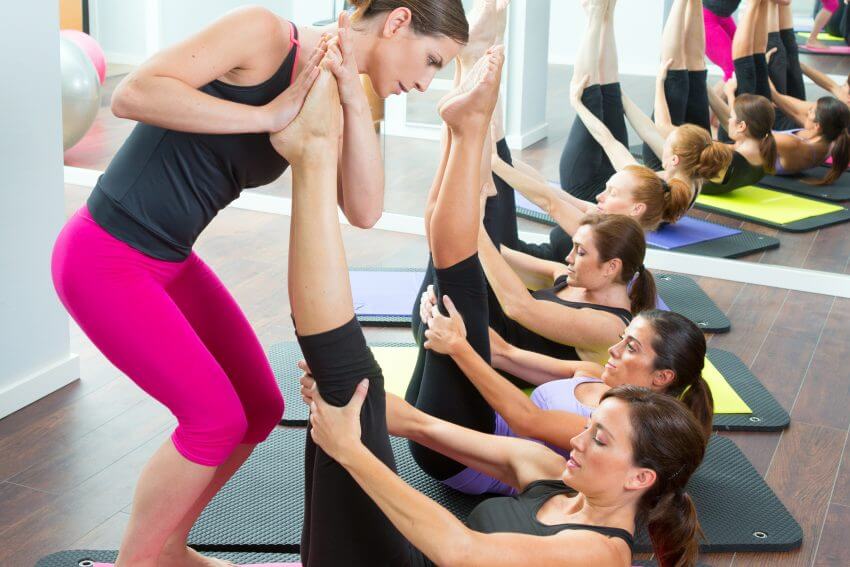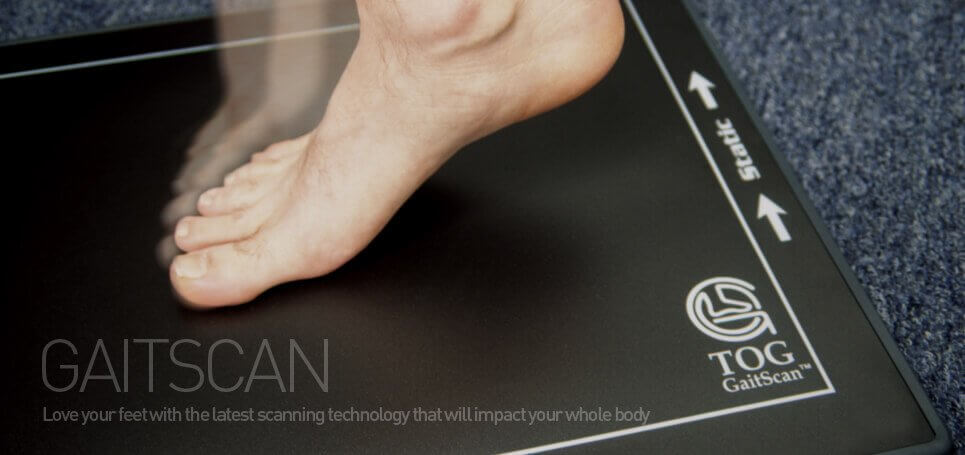Exercise Physiologist
Exercise physiologists are professionals who specialise in studying how our bodies react to physical activity and exercise. They use their expertise to assist individuals in improving their health and fitness through exercise. Since exercise has an impact on almost every part of our bodies, there are various types of customised exercise programs that can benefit us differently. Our exercise physiologist will guide you in selecting the best exercise program for you and help you get the most out of your workout routine.
Exercise Physiologist vs. Physiotherapist
While both professions focus on the human body and movement, there are some key differences between the two. Physiotherapists are healthcare professionals who work with patients who have physical injuries or disabilities. They help their patients recover from these conditions and regain their physical function. Exercise physiologists, on the other hand, focus on the science of exercise and how it affects the body. They work with people who are generally healthy but want to improve their physical fitness, athletic performance, or overall mental and physical health. An exercise physiologist is not the same as a personal trainer. Personal trainers typically focus on creating fitness programs that help their clients achieve their fitness goals, such as weight loss or muscle gain. Exercise physiologists, on the other hand, focus on the scientific principles of exercise and how they can be used to improve overall health, fitness, and well-being.
Exercise Physiologist Skills
The exercise physiologist has a solid understanding of human anatomy and physiology, as well as the principles of exercise science. Exercise physiologists can work with a variety of clients, including athletes, elderly individuals, and people with medical conditions. To become an exercise physiologist, you typically need to earn at least a bachelor's degree in exercise science or sports science. While exercise physiology is a field that is closely related to medicine, it is not a medical degree in the traditional sense. However, some exercise physiologists may work in hospitals or clinics, where they work with patients who have medical conditions or illnesses. In these cases, exercise physiologists work alongside medical doctors and other healthcare professionals as part of a patient's care team.

Is Exercise Physiology the Same as Kinesiology?
While the two fields are related, they are not exactly the same. Kinesiology is the study of human movement and how it affects the body, including biomechanics, anatomy, and physiology. Exercise physiology, on the other hand, focuses specifically on how the body responds to exercise and physical activity.
Why Exercise Physiology?
By understanding how exercise affects the cardiovascular system, respiratory system, and musculoskeletal system, exercise physiologists can help people achieve a variety of benefits. Improved fitness, weight loss, increased muscle strength, and reduced risk of chronic diseases like heart disease and diabetes are just a few of them. One area where exercise physiology can be particularly helpful is working with athletes. Exercise physiologists can help athletes improve their performance by creating customised exercise programs that are tailored to their specific needs and goals. These programs may include strength training, cardiovascular training, and flexibility training, as well as nutritional guidance and injury prevention strategies.
What Exercise Physiology Treatment is Right for You?
An exercise physiologist may help you assess and achieve your fitness goals, as well as with injury rehabilitation and prevention strategies. Some common examples of exercise physiology programs include:
● Strength training, which can help build muscle and increase overall strength
● Cardiovascular training, which can improve endurance and fitness.
● Flexibility training, which can improve your range of motion and reduce the risk of injury.
● Exercise testing and assessment, which can help identify areas of weakness or imbalance
Whether you're an athlete looking to improve your performance or simply someone who wants to improve their overall health, exercise physiology can be a valuable tool for achieving your goals.





